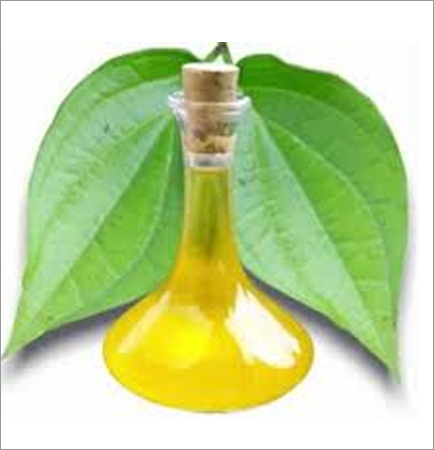Description: Sage Dalmatian Essential Oil is derived from the leaves of the common sage plant. The Dalmatian origin 30% essential oil is a high-potency, steam-distilled oil that should be used with great care due to its high levels of ketones. The 30% refers to its thujone content, a constituent that is not present in clary sage or other forms of sage essential oil. Sage essential oil was prized for its medicinal properties by the ancient Greeks and Romans. Hippocrates included it in his list of 400 simples, and Dioscorides found it effective in treating liver disease. The ancient Egyptians administered it to infertile women, and the Greeks still make a tea from it, believing that it helps to stimulate the senses, and protect from loss of memory. In the middle ages, it was used as a plague remedy, and widely regarded as a cure-all. In the early days of modern aromatherapy, it was thought to be helpful in treating women?s ailments and easing the symptoms of difficult menstruation as well as menopause.
Botanical name : Salvia officinalis
Plant Part: Leaves
Extraction Method: Steam distilled
Odor and Appearance : yellow-green liquid with a medium, camphorous, warm and spicy herbal scent.
Country of origin : Austria
Main Constituents: Thujone, 1,8-Cineole (Eucalyptol), Camphor, Borneol, α- and β-Thujone, Linalool, Camphene, Bornyl Acetate, α-Pinene and β-Pinene.
Common Uses: Here are some common uses and benefits of sage essential oil:
Aromatherapy: Sage essential oil is often used in aromatherapy due to its calming and grounding properties. Inhaling its aroma through diffusion or inhalation may help promote relaxation, reduce stress, and improve mood.
Antioxidant Properties: Sage essential oil contains compounds that possess antioxidant properties. Antioxidants help protect cells from damage caused by free radicals, which are unstable molecules that can contribute to various health issues.
Anti-Inflammatory Effects: Some studies suggest that sage essential oil may have anti-inflammatory effects. It could potentially be used to alleviate discomfort from minor inflammations or skin irritations when diluted and applied topically.
Cognitive Support: Sage has a historical association with memory and cognitive function. Inhaling the aroma of sage essential oil might have a positive impact on cognitive performance and memory.
Respiratory Benefits: The aromatic compounds in sage essential oil may help ease congestion and promote clear breathing when used in a diffuser or as part of steam inhalation.
Skin Care: Diluted sage essential oil can be added to skincare products or used as a massage oil. It may help improve the appearance of the skin and provide a soothing effect.
Hair Care: Some people use sage essential oil in hair care products or mix it with carrier oils to promote a healthy scalp and hair.
Astringent Properties: Sage essential oil has astringent properties that can help balance and tone the skin, making it potentially useful for oily or combination skin types.
Note: Sage essential oil is generally considered a middle note.
Blend Well With: Lavender, Lemon, Eucalyptus, Rosemary, Peppermint, Frankincense, Cedarwood, Geranium, Clary Sage, Juniper Berry, Pine.
Contraindications: Sage essential oil is considered safe to use. Just like many other essential oils, it is wise to use this oil after dilution with a carrier oil, as it can be sensitive and irritating to the skin. Before you use Sage essential oil on your skin, it is advisable that you conduct a patch test before making it a routine.
Do not use internally, unless directed by a physician. For pregnant women and nursing mothers, it is safe to consult first with your physician before using Sage essential oil. Do not use on broken skin or on abrasions.
For large quantities please contact us via our phone number or through the Contact Us page.
Like us on Facebook









Anonymous (verified owner) –
Charmayne Strayhorn (verified owner) –
This is my first time buying sage. The price was great for the size.
Tanja H. (verified owner) –